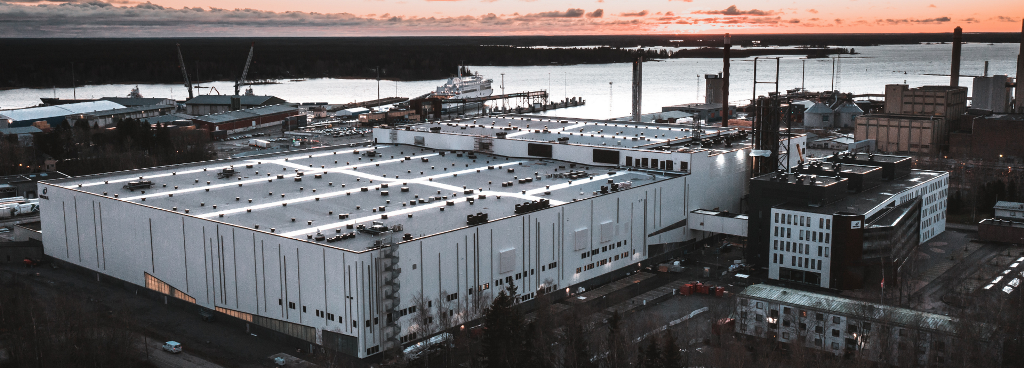
Wärtsilä is at the forefront of research and development
The Wärtsilä Fuel laboratory
As the need for decarbonisation and sustainability of engine power plants has grown, Wärtsilä has been researching various sustainable fuels (P2X, B2X and W2X) for quite some time. The lab staff has state-of-the-art competence for screening the behaviour of a variety of feedstocks as well as optimising combustion and ignition features related to engines. With these unique capabilities, they support customer projects to introduce new fuels and their blends to both new and existing power plant. Over the years, the lab has tested a wide range of fuels from conventional fuels to recycled vegetable oils such as cooking oil.
Compared to the well-known combustion features of conventional fuels, ammonia and methanol require a pilot fuel to ignite. Hydrogen combustion, on the other hand, is fast and happens at a high temperature. For these fuels, the whole combustion concept and emission aftertreatment need to be developed.
The laboratory equipment enables the analysis of fuel purity, quality and chemical composition, optical inspections, the testing of physical properties and thermal stability as well as the investigation of optimal combustion features, material selections and operability in fuel supply systems. The new world-class and wide-ranging testing facilities in the Sustainable Technology Hub in Vaasa, Finland enable all fuel tests to be done under one roof, meaning Wärtsilä can build complete fuel specifications to assess engine compatibility.
Our future fuel research
Wärtsilä is investigating a wide range of future fuels for engines, both as pure fuels and as blends:
 Hydrogen
Hydrogen
![]() Methane
Methane
![]() Ammonia
Ammonia
![]() Methanol
Methanol
![]() Ethanol
Ethanol
 Biofuels (by-products, residues or recycled feedstocks)
Biofuels (by-products, residues or recycled feedstocks)
 Plastic and tyre pyrolysis oils
Plastic and tyre pyrolysis oils

The Wärtsilä Engine laboratory
Wärtsilä undertakes extensive engine testing in Vaasa, Finland, Trieste, Italy and Bermeo, Spain on P2X fuels (hydrogen, ammonia and methanol) and their various blends.
Based on the findings in the Wärtsilä Fuel Lab, the selected combustion concepts will first be tested and validated on a single-cylinder engine, which allows flexible fundamental investigations, faster and cost-efficient performance testing and shortens the time to market. Specific engine components, such as fuel injection, mixing systems or valve mechanisms, are pretested at component rigs to decrease the running-hours needed for multi-cylinder engine testing. This way of working reduces the total fuel consumption of testing.

Longer term engine performance and operational ranges are finally verified in full-scale lab engines to support market launches of new power plant solutions or conversion services. The new engine laboratory facilities in the Smart Technology Hub have ensured faster and broader testing capabilities that will cement Wärtsilä’s position as the internal combustion engine (ICE) knowledge forerunner.
Wärtsilä’s Smart Technology Hub enables Wärtsilä to undertake top-notch research and innovate, develop and pilot new solutions. The Hub is an agile testing facility that links together various centres of excellence to improve technology development. In this way, Wärtsilä is able to effectively put to use all of the know-how the company has across the globe.
Case: Power to synthetic methane
Wärtsilä and Q Power Oy, a Finnish pioneer in biomethanation, have signed a cooperation agreement to accelerate the development and commercialisation of renewable fuels. The companies will work closely together to further develop the market and to find business opportunities for biomethanation and synthetic fuels globally.
Q Power’s patented biomethanation concept is a P2X technology for producing synthetic methane, which is produced by taking CO2 from the atmosphere or industrial processes and combining it with green hydrogen.


